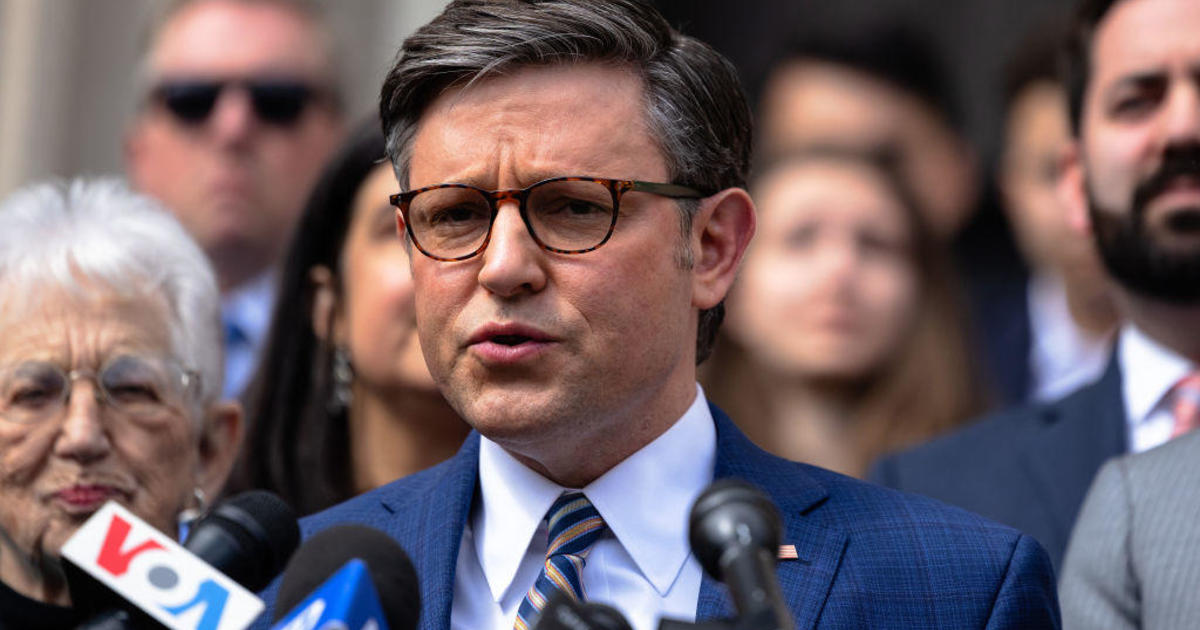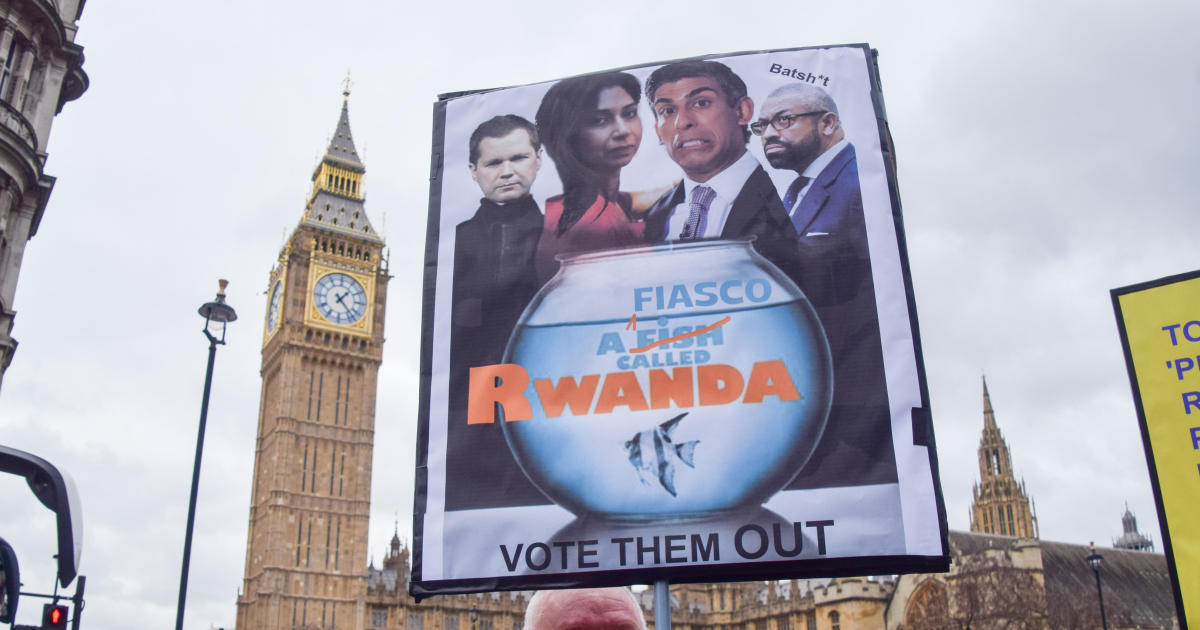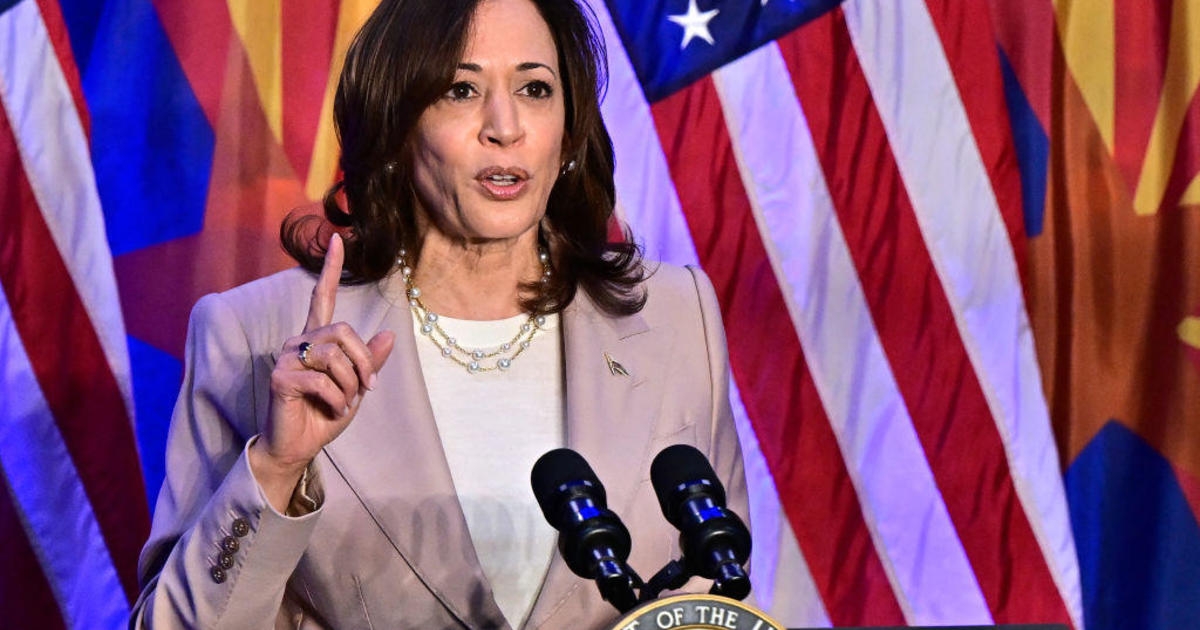Cuba to ease travel restrictions on exiles wanting to visit
Cuba's foreign minister on Saturday announced changes to the island's immigration policies, seeking to strengthen ties with the 800,000 Cubans living outside the country amid strained relations with Washington following accusations that U.S. diplomats suffered mysterious sonic attacks in Havana.
Cuban foreign minister Bruno Rodriguez announced Saturday that as of January, the country will allow the return of Cubans who left the country illegally, CBS News' Portia Siegelbaum reports.
Until now, those who snuck out on rafts or on smugglers boats were not allowed to return to the island. The only exception to this new policy will be Cubans who left via the U.S. Naval Base at Guantanamo, Cuba. Rodriguez said that the exclusion of those who left via Guantanamo is due to the "grave risk" it presents for national security.
Making the announcement before a group of Cuban exiles gathered at Howard University in Washington, D.C., Rodriguez said the foreign ministry will authorize the entry and exit of expatriate Cubans through two tourist ports and allow the return of nationals who left the country illegally. He also said the children of Cubans residing outside the country and those born in foreign countries will be able to obtain Cuban citizenship and identification documents.
"The government of the United States closes and Cuba opens" doors, Rodriguez said.
Cuba's government relaxed its migration policy in 2013, when it canceled the requirement that island residents apply for an exit permit to travel abroad.
Rodriguez said Cuba was doing away with the requirement that Cuban citizens living abroad must renew their Cuban passports for travel home and also, as of January 1, will authorize them to travel to Cuba on recreational vessels docking at one of two international marinas—the Hemingway Marina in Havana or the Gaviota Marina in Varadero. Rodriguez told the nearly 130 Cubans attending the meeting at Howard University that gradually other of the country's marinas would open to them.
All of the measures controlling Cuban exiles wanting to visit their home country have been greatly resented and their elimination is bound to be popular, especially the elimination of the process and cost of renewing their Cuban passports.
Rodriguez said that by reducing its diplomatic presence and suspending the issue of visas in Havana, Washington was hurting the ability of Cuban families to visit their relatives in the U.S. He said the new requirement that Cubans must travel to the U.S. consulate in Colombia to handle their visas through personal interviews represents an insurmountable obstacle in many cases.
"To Cuba, it is unacceptable and immoral that the U.S. government has decided to take political decisions that harm the Cuban people," he said.
Washington removed 60 percent of its staff from the island, expelled Cuban diplomats from the U.S., restricted the issuance of visas and required that travelers to Cuba be told that diplomats had suffered attacks with an unknown sonic weapon that caused them temporary deafness or permanent, nausea, concussion and other symptoms.
Rodriguez called reports of the sonic attacks "totally" false and "a political manipulation aimed at damaging bilateral relations."



